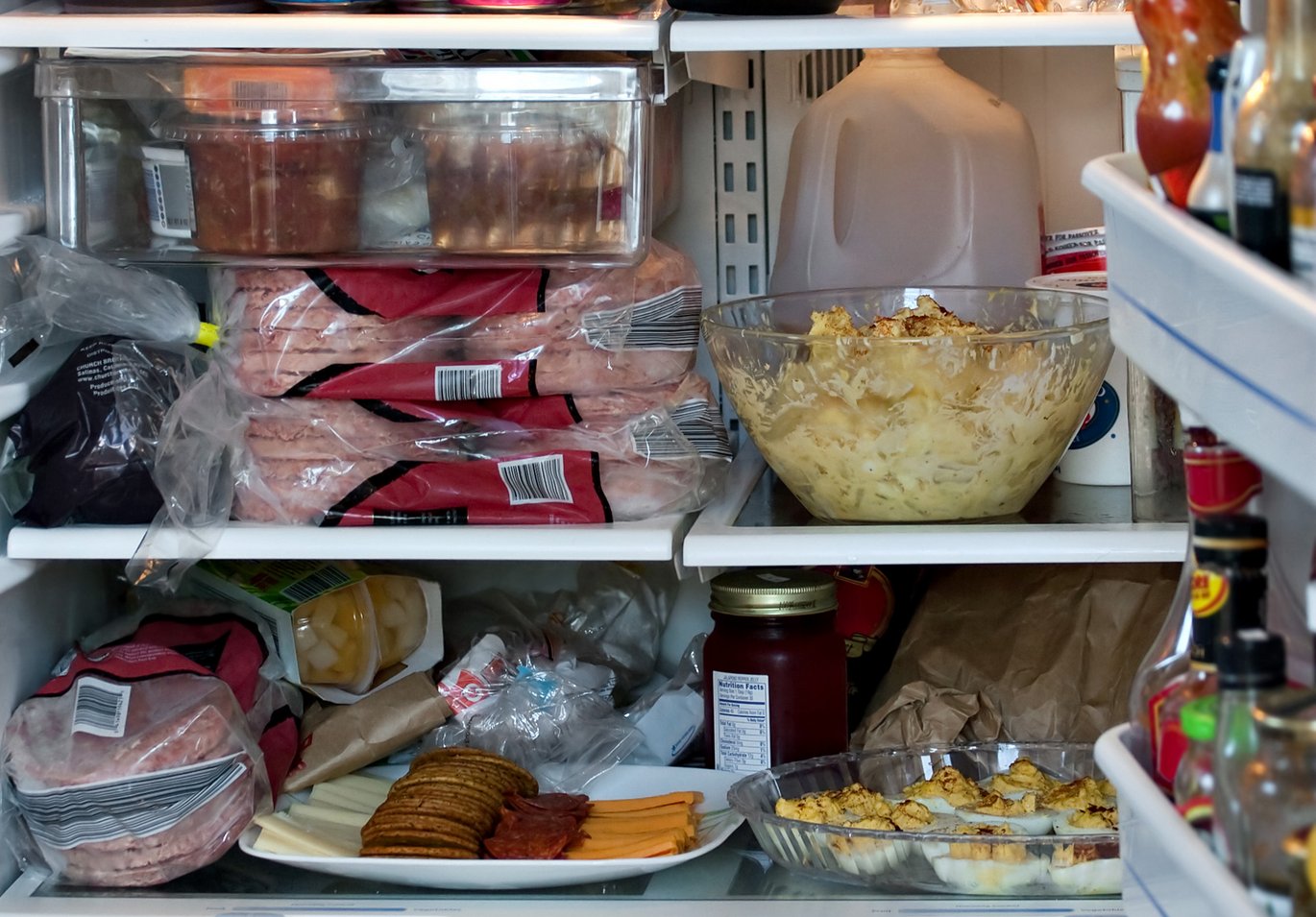Researchers map initiatives against waste in the food chain
A new DCA report maps the latest Danish and international research on initiatives to reduce food waste and food loss. The study is based on results with strong evidence and relevance in a Danish context, and it emphasizes the first four steps in the food value chain: primary production, industry, retail and the service sector.

What is done around the world to avoid food waste and food loss?
You can learn more about this in a new DCA report created by researchers from the Department of Food Science and the Department of Agroecology on request from the Ministry of Food, Agriculture and Fisheries of Denmark.
The report is based on recent scientific literature, both Danish and international, but with an emphasis on results that are relevant in a Danish context, and which have the strongest evidence for reducing food waste and food loss.
But what do the concepts of food waste and food loss actually cover? This is explained by Ulla Kidmose, Associate Professor at the Department of Food Science and one of the researchers behind the report.
- We use the definition of discarded food as the full amount of both edible and non-edible parts of food that have been discarded for various reasons. Food waste is then the term for the edible part of discarded food. Food loss refers to food that is not yet approved for human consumption, but which is actually produced for the purpose of being eaten. It can be pigs that die during transport or a loss before harvest. There are targets for both food waste and food loss in the 17 UN Global Goals, and it is therefore a highly relevant issue that is the focus of many national and global research environments.
First links in focus
The report places emphasis on the first steps in the food value chain: primary production, food industry, retail and service sector - and it focuses in particular on the following areas for reducing food waste and food loss, namely plant breeding in the form of increased resistance with reduced product losses, as well as production technology and logistics, which, among other things, contribute to a longer shelf life.
The researchers have examined the literature and found a large number of relevant initiatives:
- In production technology, this includes the utilization and use of sidestreams from the food industry for the production of pure substances such as lactic acid and citric acid, and for the production of ingredients such as proteins and dietary fibers. In relation to logistics and longer shelf life, the initiatives include, among other things, ensuring the correct temperature, humidity, packaging and atmospheric composition, especially in relation to perishable products such as fresh fruit and vegetables, says Ulla Kidmose and adds:
- Plant breeding as a tool for extending shelf life is a difficult matter, as it is complicated to breed in relation to a given parameter. Therefore, there are very few studies that have investigated the possibility of using plant breeding as a direct tool to reduce food waste and food loss.
The new DCA report is divided according to the four selected focus areas, and in addition it contains an overview of research clusters that work with food waste and food loss. You can download the report here (in Danish only).
| Additional information | |
|---|---|
| We strive to ensure that all our articles live up to the Danish universities' principles for good research communication (scroll down to find the English version on the website). Because of this, the article will be supplemented with the following information: | |
| Funding | The report has been requested by the Department, and it has been prepared as part of the Framework Agreement on research-based policy support by the Ministry of Food, Agriculture and Fisheries of Denmark. Read more about the policy support. |
| Collaboration partners | Department of Food Science, Aarhus University Department of Agroecology, Aarhus University |
| Read more | You can download the report ”Nuværende viden om forskningsresultater og forskningsklynger inden for madspild og fødevaretab” (Danish only) here. |
| Contact | Associate Professor Ulla Kidmose, Department of Food Science, Aarhus University, ulla.kidmose@food.au.dk |
